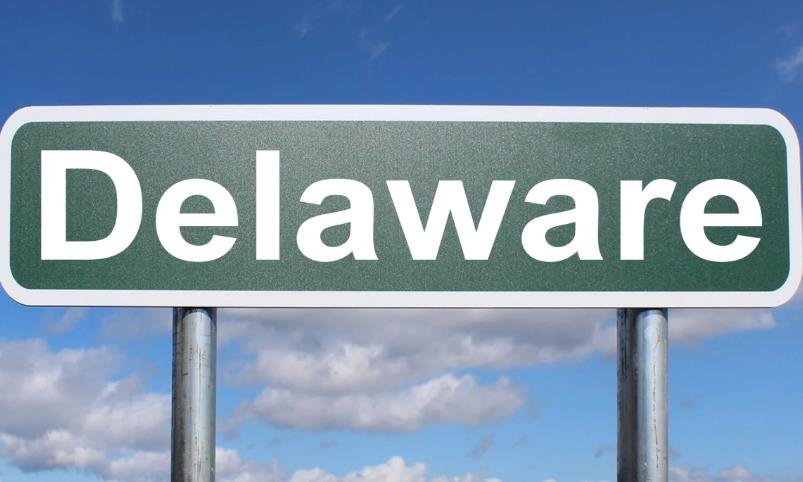Delaware is on the brink of a new era in marijuana regulation, with officials releasing the third round of draft rules that will shape the legal market for cannabis testing, disposal, and more. As the state gears up to launch its legal market, these rules are a crucial step in ensuring a safe and regulated environment for both consumers and businesses.
The Office of the Marijuana Commissioner (OMC) has been diligent in its efforts to establish a robust framework for the upcoming legal cannabis market. The latest draft rules address critical areas such as product testing, ensuring that all marijuana products meet health and safety standards before reaching consumers.

The focus on rigorous testing protocols underscores Delaware’s commitment to public health. By setting high benchmarks for quality control, the state aims to prevent any potential health risks associated with untested or contaminated products.
Streamlining Processes for Efficiency
Another key aspect of the new regulations is the disposal of cannabis products. The rules outline clear procedures for the safe and environmentally responsible disposal of marijuana waste, reflecting a broader trend towards sustainability in the industry.
These guidelines not only protect the environment but also provide businesses with a clear framework to manage waste, helping to streamline operations and reduce the potential for legal complications.
Preparing for a Legal Market
As Delaware moves closer to the launch of its legal marijuana market, the OMC continues to refine its regulations. The third round of draft rules is part of an ongoing process to create a comprehensive legal framework that balances the needs of consumers, businesses, and the state.
With these regulations, Delaware is poised to become a leader in the responsible management of legal cannabis, setting an example for other states considering similar measures.
Emily Wilson is a talented wordsmith whose passion for cannabis shines through in her eloquent articles that explore the plant’s cultural significance and historical context. With a focus on arts and lifestyle, she weaves together narratives that celebrate the creativity, innovation, and community fostered by cannabis enthusiasts worldwide. Emily’s unique perspective and engaging storytelling invite readers to embark on a journey of discovery and appreciation for the diverse facets of the cannabis experience.









